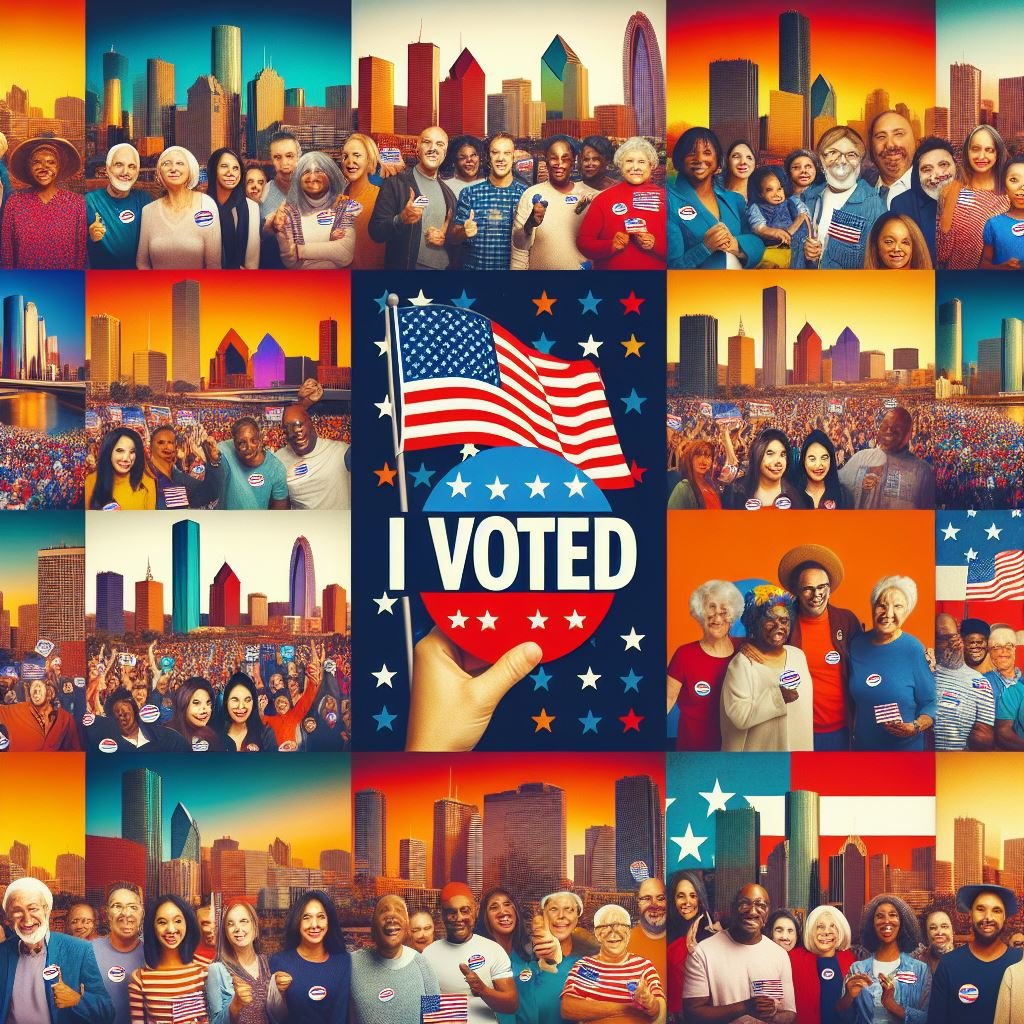What’s So Super About Today?
On Super Tuesday, voters in multiple states participate in primary elections and caucuses. It’s the largest single-day event in the race for the White House, with a substantial number of delegates at stake. While no candidate becomes the presumptive nominee after Super Tuesday, it significantly influences the race.
Here are the Top X Reasons Super Tuesday is Key
Delegate Allocation
Delegates are crucial in the nomination process. They represent their communities at their respective political party’s presidential nominating conventions. Super Tuesday allocates a substantial portion of these delegates. For Democrats, over a third of all delegates are up for grabs on this day. Republicans also have a significant number of delegates in play.
What’s the Deal with Delegates? Find out in this civic education resource.
Visibility
Given its scale, Super Tuesday attracts a lot of media attention. Strong performances can lead to positive media coverage, enhancing a candidate's national profile and potentially improving their standing in subsequent primaries and caucuses.
Momentum and Viability
The states participating in Super Tuesday often represent a wide cross-section of the American electorate, including variations in geography, demographics, and political ideology. This diversity means candidates must appeal to a broad array of voters, testing their ability to unite the party. Candidates who perform well on Super Tuesday can gain considerable momentum, as success in multiple states can demonstrate broad appeal across different regions of the country. Conversely, poor performance can lead to questions about a candidate's viability and may result in diminished fundraising and support.
Historical Significance
For decades, Super Tuesday has been important. The term “Super Tuesday” first gained prominence when six states held presidential primaries on May 25, 1976. Then, March 8, 1988, became known as “Southern Super Tuesday,” which involved 21 mostly Southern states and aimed to advance a centrist candidate toward the nomination.
In past elections, Super Tuesday has been a make-or-break moment for candidates. Here are some examples:
Ronald Reagan (1980): Ronald Reagan’s strong showing on Super Tuesday, with victories in states like Texas and Florida, propelled him toward the Republican nomination.
Barack Obama (2008): Barack Obama won 13 states, gaining momentum and positioning himself as a serious contender. His victories in states like California, Illinois, and Georgia helped secure his eventual nomination.
Donald Trump (2016): Donald Trump’s Super Tuesday victories in states like Georgia and Alabama contributed to his eventual nomination.
Resource Allocation
The scale of Super Tuesday forces candidates to allocate their resources strategically across multiple states. This tests their campaign infrastructure and ability to engage with voters on a large scale.
Conclusion
Because of these factors, Super Tuesday is seen as a crucial juncture in the presidential nomination process, potentially making or breaking campaigns. The results can significantly shape the race, leading to a consolidation of support around leading candidates and prompting others to reassess their campaigns.
